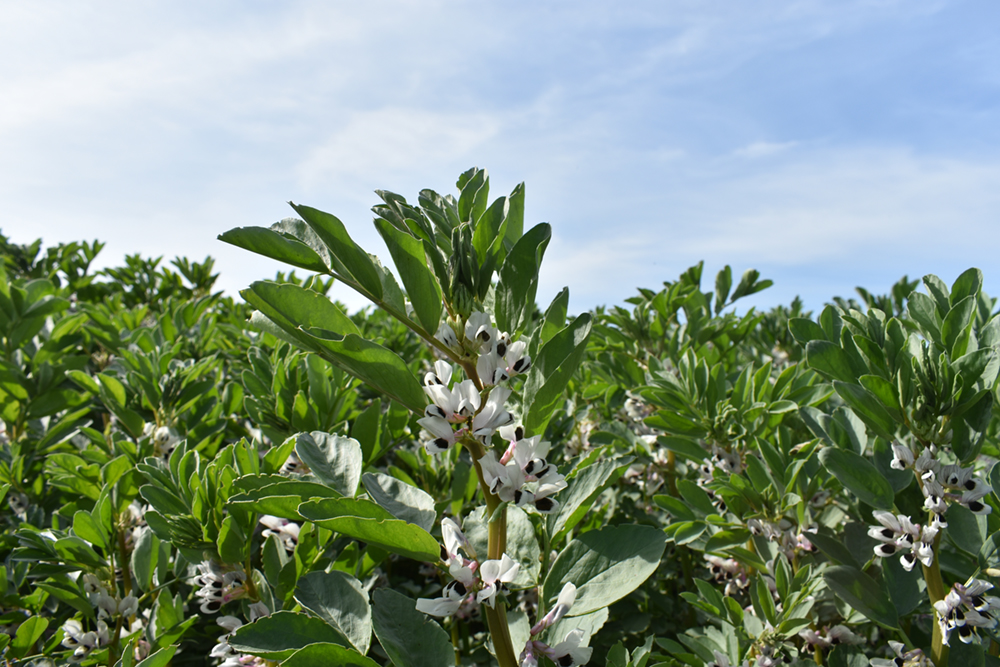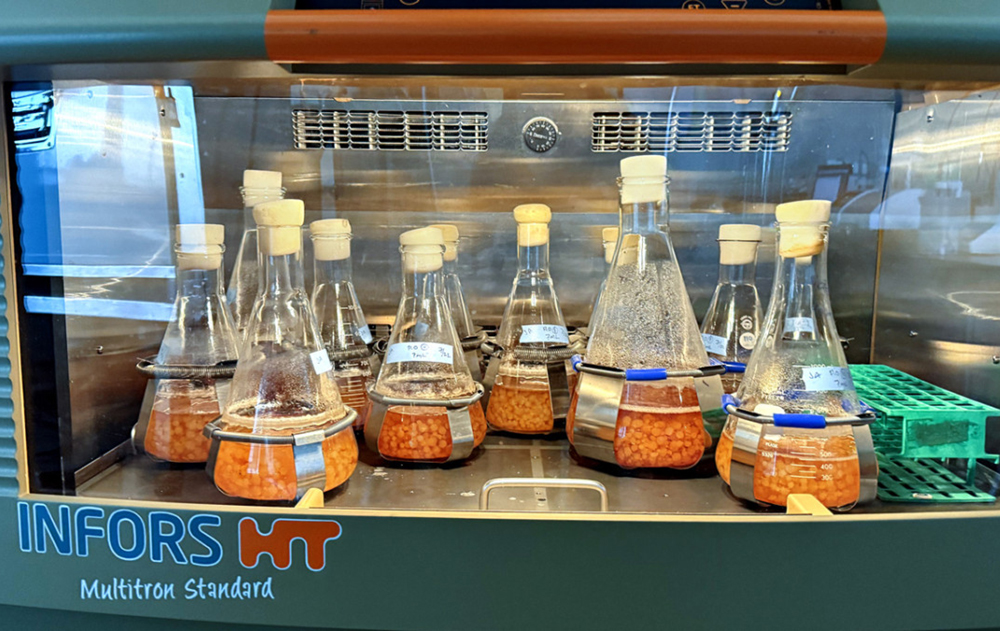

Global food giants risk falling behind as plant-based protein innovation stalls, FAIRR report warns
Many of the world’s largest food companies are missing a critical opportunity to strengthen supply chain resilience and meet consumer demand by failing to innovate and invest in plant-based proteins, according to a new report from the FAIRR investor network.
The analysis, Feeding Change: Building a Resilient Food System Through Protein Diversification, reviewed the strategies of 20 major food manufacturers and retailers in the second year of an investor engagement backed by 73 investors with a combined US$11.5 trillion in assets. Despite the clear business case for diversifying protein sources, the report found that most companies continue to rely heavily on animal-based products, limiting their capacity to respond to climate risks and shifting consumer preferences.
FAIRR said the findings show a “substantial gap” between what companies recognize as material to their business and the concrete actions they are taking. Although at least 70% of companies identified health and wellness as key issues, only 25% had a dedicated health strategy and just 30% included nutrition expertise at board level.
Meanwhile, 77% of companies acknowledged that consumer concerns about the taste, cost, or nutritional value of plant-based products are constraining uptake. Yet only 40% were investing in innovation to improve these areas.
“Shoppers are looking for affordability, great taste, and healthiness in 2025, yet food companies are investing too little in product innovation to cater for consumer expectations,” said Dana Wilson, Manager, Research & Engagements – Protein Diversification, at FAIRR, who is one of +100 speakers at The Future of Protein Production Amsterdam, which opens its doors on 29 October 2025. “By engaging customers towards nutritious and sustainable plant-based proteins, proactive companies can harness a significant market growth opportunity, as well as build a more resilient product portfolio.”
The report also revealed that only 40% of companies have assessed the financial risks associated with a dietary shift toward plant-based eating, or the impact of climate change on their animal agriculture supply chains. This lack of risk assessment could expose businesses to major operational and financial shocks as environmental and consumer pressures mount.
The report highlighted the growing convergence between the rise of GLP-1 weight-loss drugs, consumer demand for fresh and wholefoods, and public health guidance encouraging reduced consumption of red and processed meat. With 88% of national dietary guidelines now recommending higher intake of plant-based foods, FAIRR said food companies have a clear mandate to respond.
However, most have yet to capitalize on this shift. Only three of the eight brand manufacturers analyzed had launched a plant-based wholefood product in the past year, instead favoring more processed meat and dairy alternatives.
Carrefour was cited as a positive example, having exceeded its initial target of €500 million (US$540 million) in plant-based sales – originally set for 2026 – two years early. The French retailer has since raised its goal to €650 million (US$700 million). Similarly, Ahold Delhaize expanded its target for European retailers to achieve 50% plant-based protein sales by 2030.
Despite these outliers, 75% of companies have yet to acknowledge the dual sustainability and nutrition potential of substituting animal ingredients with plant-based ones. Only Nestlé had quantified the emissions reduction opportunity from such a shift.
Sophie Kamphuis, Senior Advisor for Responsible Investment at MN, said the gap between consumer demand and company action represents a significant missed opportunity. “The findings point to a sizable gap in the market at the intersection of wholefood, high-protein, and reduced-meat diets,” she said. “Added to this, we have also seen a number of shocks to animal protein supply chains this year, due to changing weather patterns, macroeconomic conditions, and zoonotic diseases. Diversification into plant-based proteins is a key strategy to increase resilience and meet climate goals, as well as to tap into a burgeoning market.”
FAIRR’s research found that only a quarter of companies had surveyed their consumers to understand preferences and barriers to adoption. This lack of insight has contributed to misjudged product development, with two companies admitting they had discontinued recently launched plant-based meat products due to poor sales.
Affordability also remains a barrier, yet only 60% of companies were working to improve pricing or accessibility. Examples of progress included Woolworths introducing vegan and vegetarian filters to its online product search, and Tesco replacing some everyday items in its Express stores with lower-cost plant-based alternatives.
Taste and texture also remain major hurdles, with 77% of companies recognizing these as key deterrents for consumers. Even so, only 40% of the companies engaged dedicated resources to product innovation – covering R&D, partnerships, or venture investments – down from 45% in 2024.
Beyond consumer trends, FAIRR warned that an overdependence on animal agriculture exposes food companies to climate-related and biosecurity risks. The report noted that outbreaks of avian influenza this year drove US egg prices to nearly double, while droughts, high feed costs, and rising interest rates pushed US cattle herds to their lowest levels since 1973.
Despite these warning signs, almost all companies surveyed had overlooked the supply chain implications of protein diversification. Danone was the lone example of active workforce transition planning: its Villecomtal-sur-Arros facility has been repurposed from dairy yogurt to oat milk production, with factory staff retrained for the shift.
Wilson said the findings should serve as a wake-up call for the food industry. “The transition to plant-based proteins is not just about sustainability – it’s about resilience,” she said. “Companies that fail to adapt are putting their future profitability and supply stability at risk.”
As investors representing trillions in assets continue to push for diversification, FAIRR’s message is clear: the companies that integrate nutrition, innovation, and sustainability into their core strategy stand to gain the most from the changing protein landscape. Those that do not may find themselves left behind in an increasingly volatile global food system.
If you have any questions or would like to get in touch with us, please email info@futureofproteinproduction.com

.png)






